 |
| May 13, 2020 |
Dear Reader,
Experts say cases of COVID-19 will surge unless there is widespread testing. Now researchers are pursuing a strategy to dramatically increase diagnostic capacity: group tests. Read our lead story to learn more. In climate news, April 2020 was the planet's second warmest April since record keeping began, according to NOAA. Forecasters say this year is likely to be the warmest on record. Also featured in today's roundup is an article from our May issue that examines how pollution can damage brain cells. Specifically, the piece highlights new studies that point to a strong correlation between exposure to toxic substances in the air and Alzheimer's disease. |
| | Sunya Bhutta, Senior Editor, Audience Engagement
@sunyaaa | |
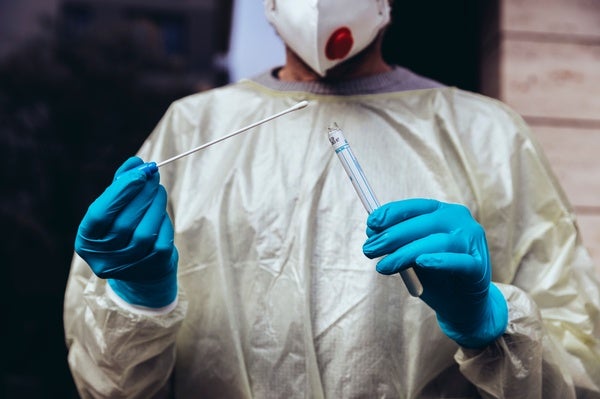 |
| |
| |
| |
| |
| |
| |
| |
| Medical & Biotech Donut Sugar Could Help Stored Blood Last Dehydrated blood that could be kept at room temperature for years may be possible thanks to a sugar used to preserve donuts—and made by tardigrades and brine shrimp so they can dry out and spring back with water. |  | By Susanne Bard | 02:56 | | | |
| |
FROM THE STORE
 | | | |
| |
FROM THE ARCHIVE
 | | | |
| |
LATEST ISSUES
 |
| |
| Questions? Comments?  | |
| Download the Scientific American App |
| |
| |



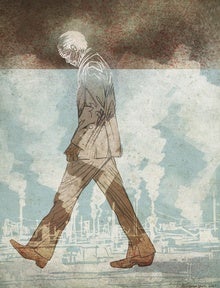
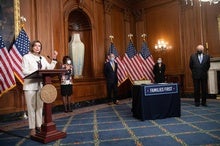
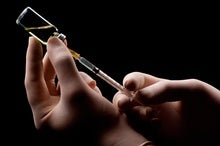

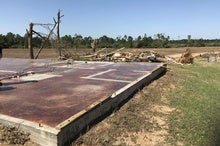
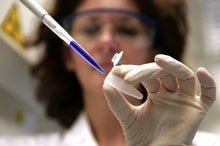
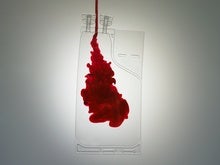
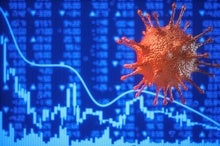
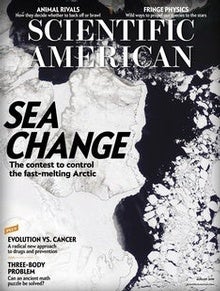

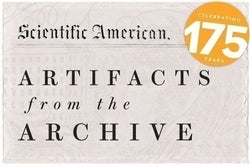
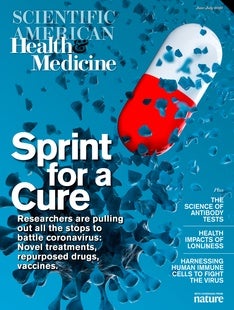

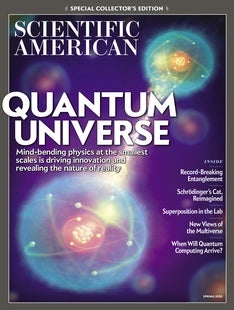
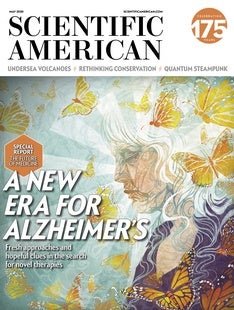
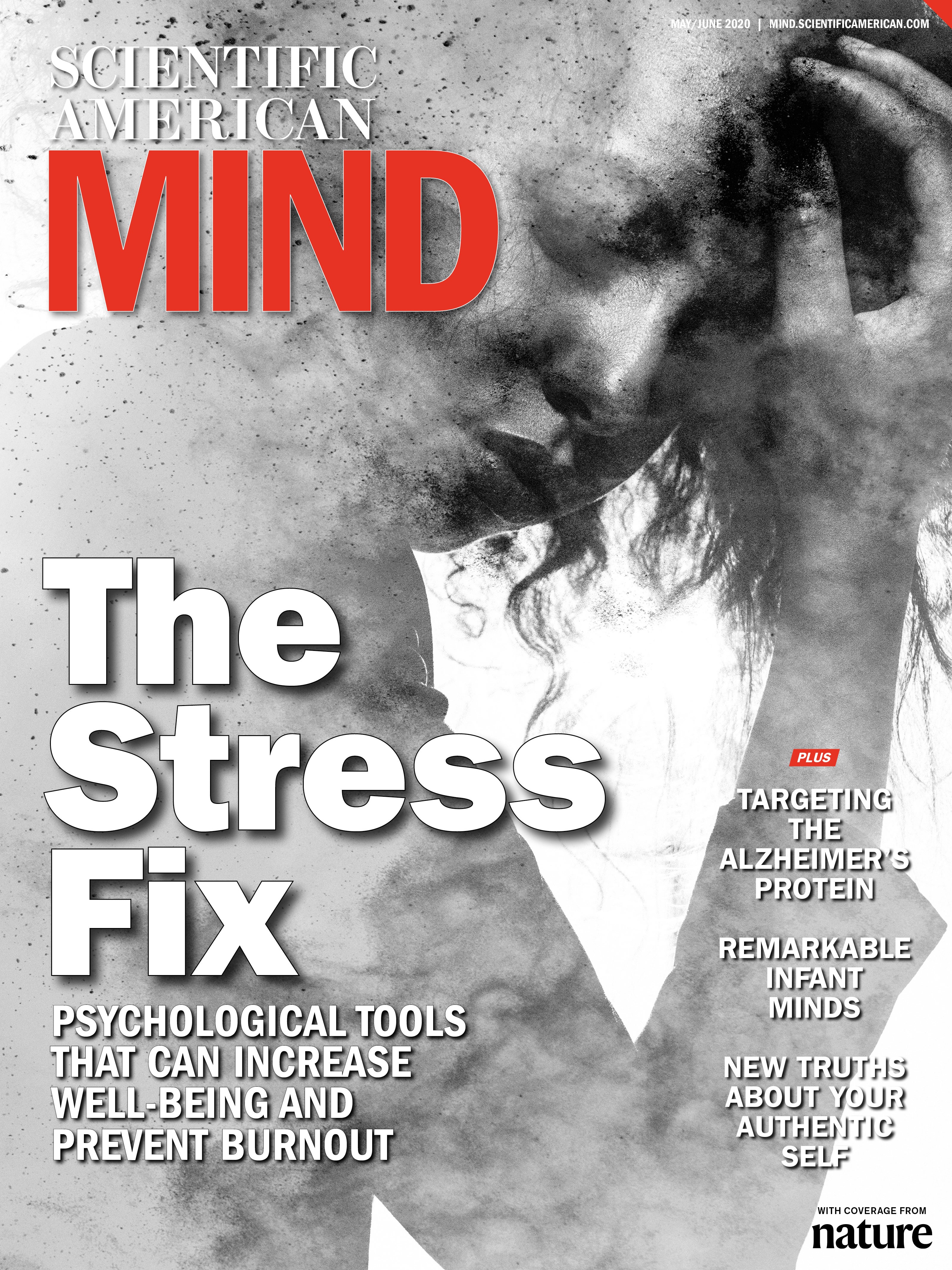



Comments
Post a Comment